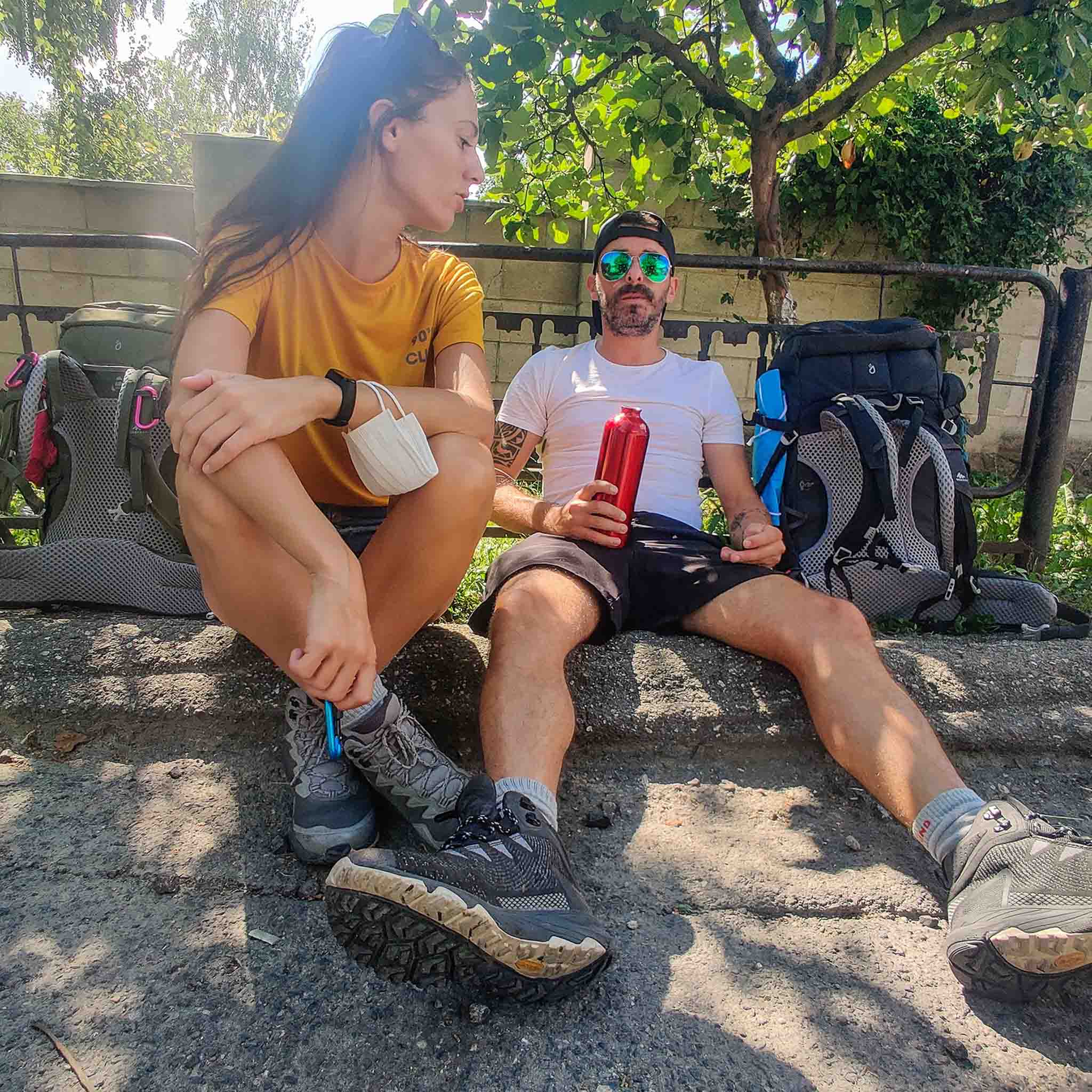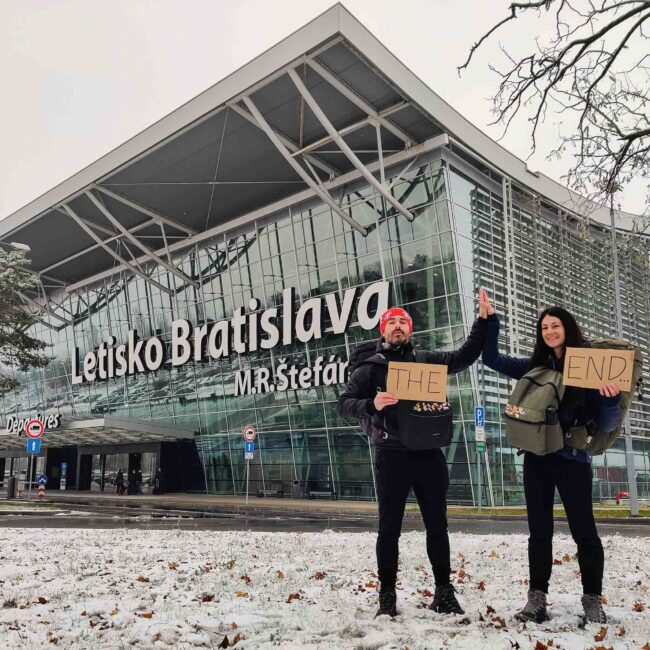Ultimate Travel Guide Bulgaria


Your ultimate travel guide to Bulgaria—immerse yourself in this Balkan gem’s rich history and breathtaking landscapes!
Bulgaria, a Balkan nation, has a population of 6.878 million and covers an area of 110,994 km². The Republic of Bulgaria is Bulgaria’s official name, and it holds distinction as the second oldest country in Europe (after San Marino). It is renowned for its dairy products, particularly white cheese.
As one of Europe‘s most budget-friendly destinations, Bulgaria offers year-round appeal for tourists. Discover many attractions and immerse yourself in vibrant cultural and religious traditions. The Seven Rila Lakes are a prominent natural wonder on the Balkan Peninsula, making them an unmissable dream destination.
Discover everything you need for an incredible journey with this ultimate guide to Bulgaria.
What to Know
Best time to visit
The best time to visit Bulgaria is from June to August, which is characterised by a temperate climate featuring warm, dry summers and cooler winters. The hottest month is August, with an average daily maximum of 29°C and an average low of 19°C.
Currency and ATMs
The Bulgarian lev is Bulgaria’s official currency. ATMs are widespread and found in shops, transportation hubs, and virtually all banks, accepting Visa, Mastercard, Cirrus, and Maestro. Yet, travellers should be cautious of prevalent skimming devices for card theft. For safety, it’s recommended to use ATMs inside banks.
Safety Rank
Ranked 30th among 163 countries, Bulgaria is very safe, even at night. Nevertheless, as with any location, taking precautions for personal safety when alone is recommended. It’s advisable to steer clear of low-lit streets and avoid walking alone in unfamiliar areas.
Hitchhiking
Bulgaria is a hitchhiker-friendly destination since this was a common way of travelling in socialist times when few people had cars. Hitchhiking is rarely restricted, with few prohibited roads. Except for certain motorway sections, thumbing a ride directly on the road and stopping passing cars is generally feasible.
Visa
With agreements covering 34 countries, including all EU and Schengen nations, it allows visitors from 86 nationalities visa exemption. Entry to Bulgaria is visa-free if you have a valid Schengen or EU residence permit. Bulgaria doesn’t issue e-visas or visas on arrival; tourist visas must be obtained at a Bulgarian embassy or Visa Application Center abroad. More info here at VisaHQ.
Plugs
Bulgaria utilises plug types C and F, with type C featuring two round pins and type F having two round pins with two earth clips on the side. The electrical supply in Bulgaria is 230V with a frequency of 50Hz.





























































